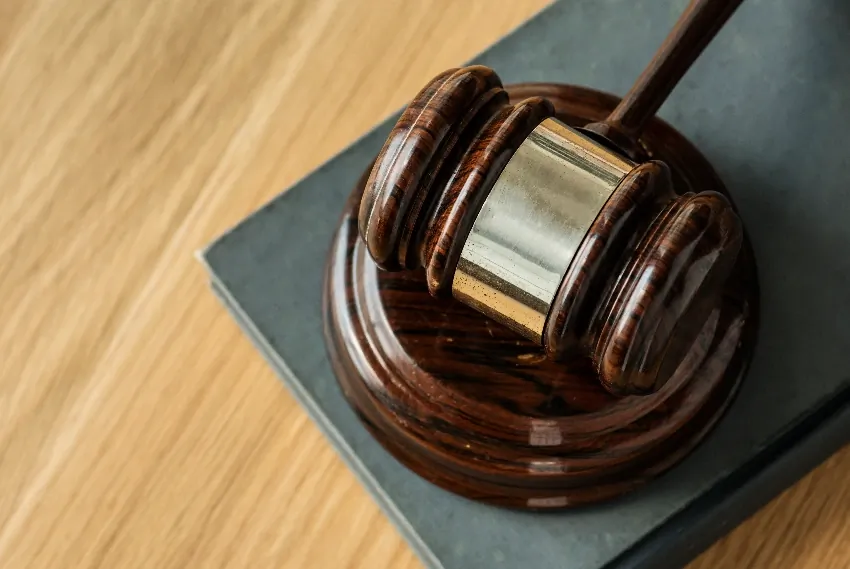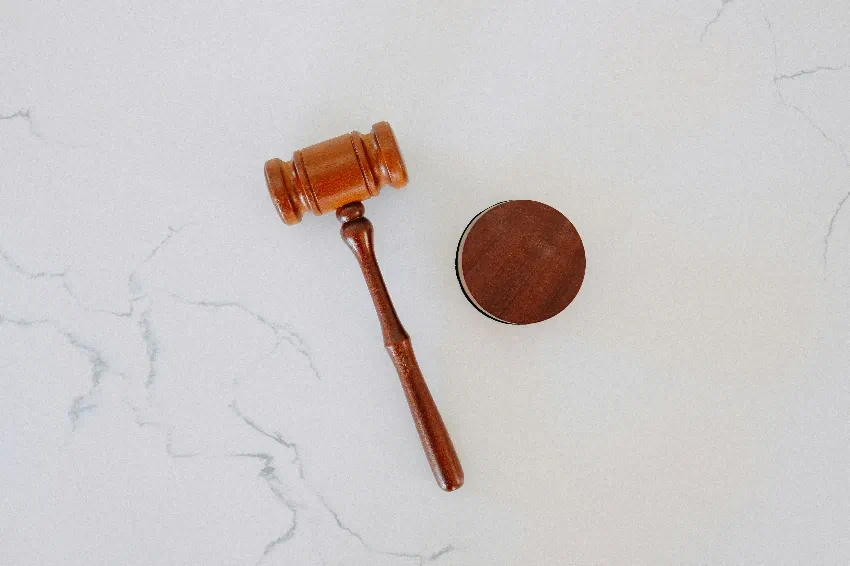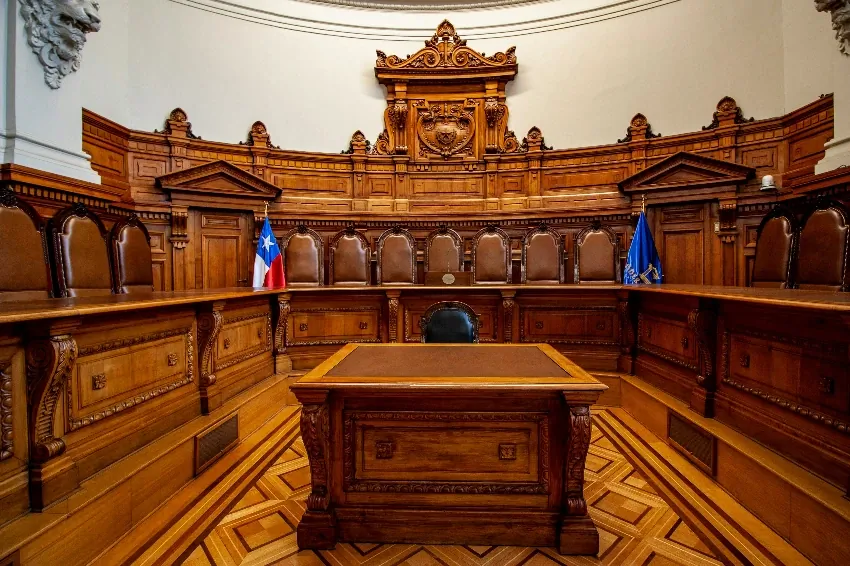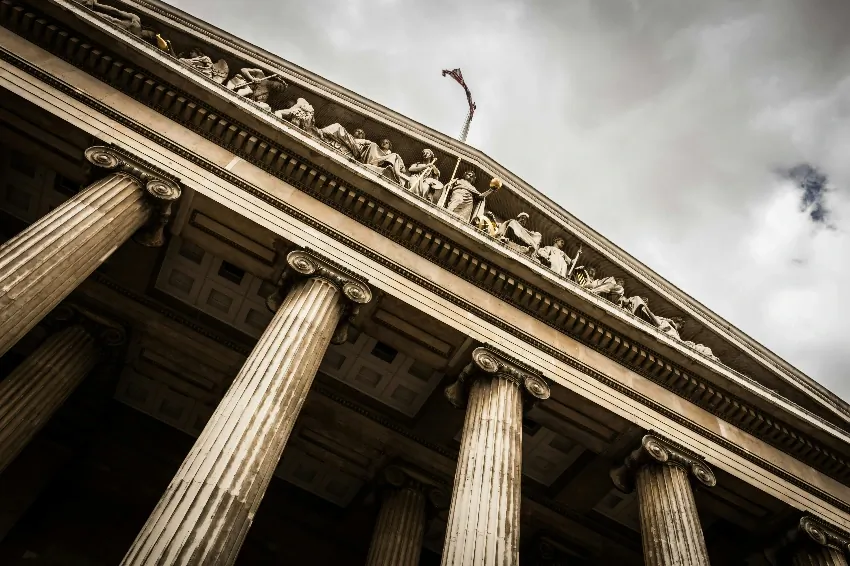
Seizure and Opposition: Analysis of Judgment No. 45818 of 2024
Order No. 45818 of 2024 clarifies the rights of a third party in the event of confiscation ordered against a defendant, defining the procedures for opposing the rejection of the restitution request.

Judgment No. 27141 of 2024: Actual Knowledge and Terms for Opposition to Penal Decree of Condemnation.
The recent ruling no. 27141 of 2024 clarifies the criteria for the restoration of the term to file an opposition to a criminal conviction decree, highlighting the importance of actual knowledge of the provision.

Opposition to executive acts: Analysis of Order No. 19932/2024
Order No. 19932 of July 19, 2024, highlights the importance of timeliness in opposing executive acts, clarifying the obligations and deadlines for the opponent. Discover all the details and legal implications.

Commentary on Order No. 19777 of 17/07/2024: Clarifications on the Commencement of Terms in Forced Execution.
Order no. 19777 of July 17, 2024 provides important clarifications on the commencement of deadlines for executive opposition, highlighting the role of the judge and the methods of communication of documents.

Commentary on the Order Judgment No. 18367 of 2024: Opposition to Execution and Autonomy of Grounds.
Analysis of the recent Order No. 18367 of 04/07/2024, which clarifies the autonomy of the grounds in opposition to enforcement and the implications for legal fees. Let’s explore the fundamental principles of this decision together.

Supreme Court 16535 of 2024: The Qualification of the Action and Its Consequences
The recent ruling of the Court of Cassation clarifies the importance of the qualification of claims in civil matters, establishing binding judgments and time limitations for appeals.

Commentary on Judgment No. 16006 of 2024: Forced Collection and Third-Party Opposition
Let’s analyze the recent ruling no. 16006 of 2024, which clarifies the evidentiary procedures in third-party opposition against mobiliary execution in the context of enforced collection. A focus on evidentiary limitations and the required documents.

Order No. 15504 of 2024: The opposition to an injunction decree as tacit acceptance of inheritance.
The ruling of the Court of Cassation clarifies that the opposition to a payment order by an heir constitutes a tacit acceptance of the inheritance, establishing important principles on inheritance law.

Third Party Ordinary Opposition: Analysis of Judgment No. 21230 of 2024
In this analysis of ruling no. 21230 of July 30, 2024, we explore the prerequisites for ordinary third-party opposition, providing clarifications on how to protect autonomous rights in case of legal prejudice.

Commentary on Judgment No. 21300 of 30/07/2024: Jurisdiction in the Opposition Proceedings Against Injunction Decree.
The ruling of the Court of Appeal of Bologna clarifies the implications of raising the objection of territorial incompetence in the opposition proceedings to a payment order, establishing the importance of the judge's jurisdiction in determining legal costs.